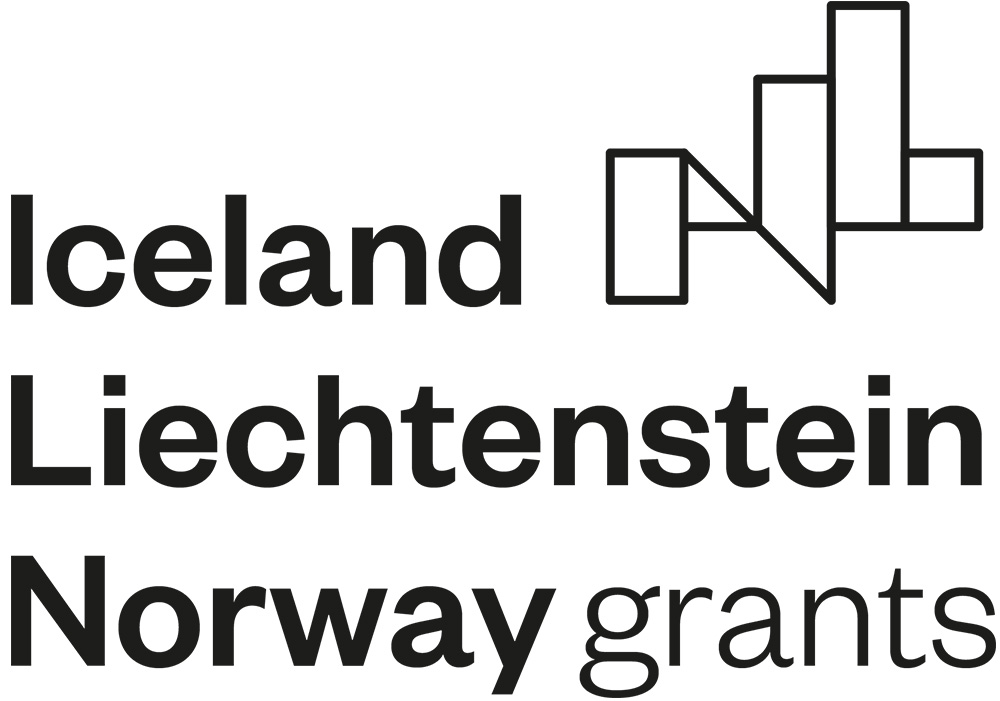The first edition of the project in 2016-2018 was carried out in the macroregion, which includes the Lubelskie, Łódzkie, Świętokrzyskie and Mazowieckie voivodeships in Poland. The second edition of the project, started in January 2021, is implemented in the Pomorskie Voivodeship.
Currently in 2022, the third edition of the project is being implemented nationwide, with co-financing from the EEA Grants, in cooperation with the Partner from the Donor States - Inland Norway University of Applied Sciences.
The aim of the project is to make recipients aware of the priceless benefits that we derive from the surrounding nature and to increase the sense of personal responsibility for its protection. The designation of biodiversity as the wealth of the countryside in the title of the project sums up its main message and the slogan common to all activities, recognizable throughout the duration of the program. Thanks to it, we draw the attention of the recipients of the project that the natural and landscape richness that characterizes the Polish countryside against the background of Europe should be the object of pride, but also of commitment to its protection as our common heritage. At the same time, the term wealth refers to the measurable values provided by ecosystem services, whether supply or regulatory, as well as social and cultural. Recipients' understanding of the functions of ecosystems more than simply supporting the production of agricultural crops will raise awareness of the value of biodiversity and provide the basis for acquiring more detailed knowledge of the tools and practices for its conservation.
All planned substantive issues will be presented on two levels:
- Specialist - addressed to people professionally related to agriculture (farmers, agricultural advisors, students of agricultural schools, teachers),
- Popular science - addressed to all inhabitants of the village, from the youngest to the oldest.
Scheduled activities for the project:
- Traditional and e-learning trainings for farmers, agricultural advisors, students of agricultural schools, teachers – 20 trainings,
- A series of popular science and specialist publications – 3 volumes,
- Educational stands at events aimed at inhabitants of rural areas – 9 events;
- The portal www.bogactwowsi.pl with a rich knowledge base, constituting a platform for the "Map of the richness of rural biodiversity"
EEA Grants
 The EEA Grants represent the contribution of Iceland, Liechtenstein and Norway towards a green, competitive and inclusive Europe.
The EEA Grants represent the contribution of Iceland, Liechtenstein and Norway towards a green, competitive and inclusive Europe.
There are two overall objectives: reduction of economic and social disparities in Europe, and to strengthen bilateral relations between the donor countries and 15 EU countries in Central and Southern Europe and the Baltics.
The three donor countries cooperate closely with the EU through the Agreement on the European Economic Area (EEA). The donors have provided €3.3 billion through consecutive grant schemes between 1994 and 2014. For the period 2014-2021, the EEA Grants amount to €1.55 billion. The priorities for this period are:
#1 Innovation, Research, Education and Competitiveness
#2 Social Inclusion, Youth Employment and Poverty Reduction
#3 Environment, Energy, Climate Change and Low Carbon Economy
#4Culture, Civil Society, Good Governance and Fundamental Rights
#5 Justice and Home Affairs
The EEA Grants are jointly financed by Iceland, Liechtenstein and Norway, whose contributions are based on their GDP.
Eligibility for the Grants mirror the criteria set for the EU Cohesion Fund aimed at member countries where the Gross National Income (GNI) per inhabitant is less than 90% of the EU average.



